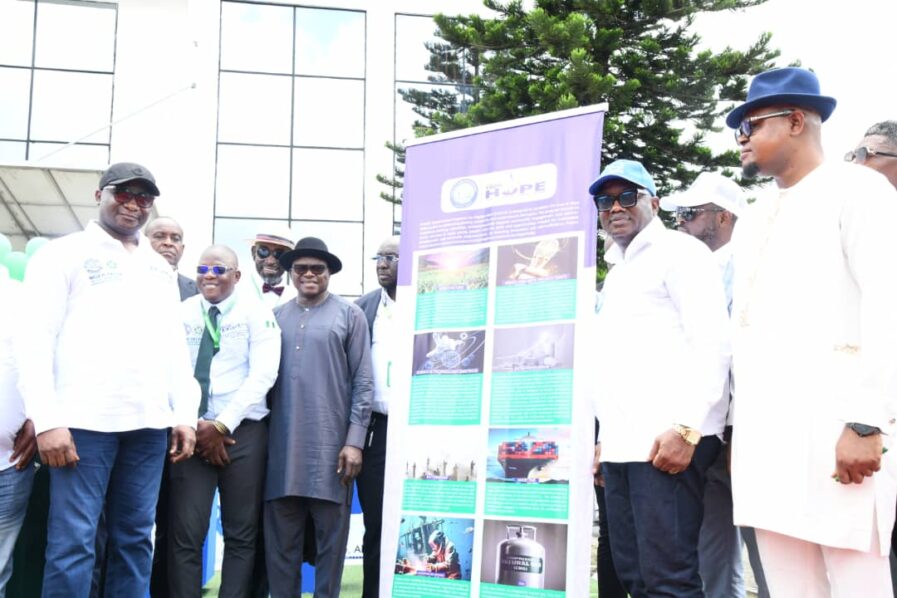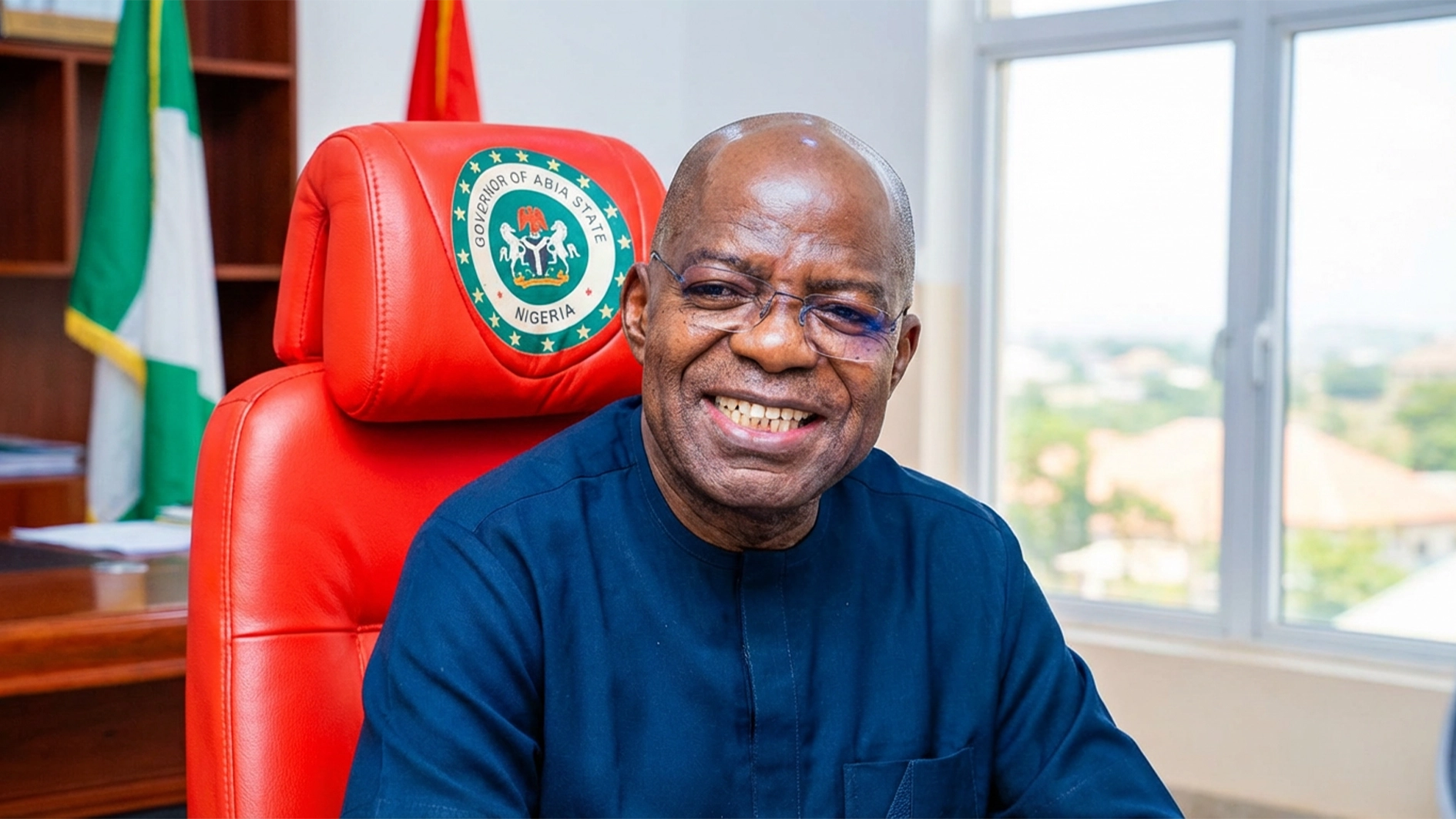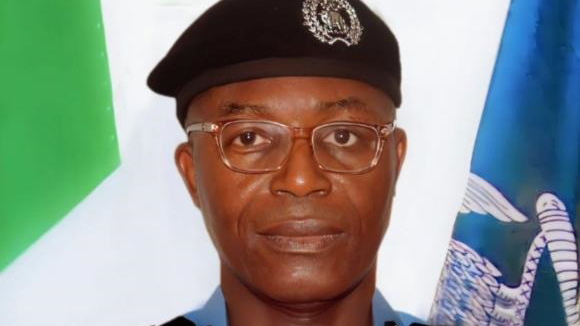
The Niger Delta Development Commission (NDDC) has intensified its efforts to address youth unemployment in the Niger Delta through its Project HOPE initiative.
Project HOPE, which stands for ‘Holistic Opportunities Programmes for Engagement,’ was conceived by the Commission last year to address the pressing challenges facing youth in the region, particularly in the areas of employment and the lack of opportunities for meaningful engagement.
NDDC Managing Director, Dr. Samuel Ogbuku, disclosed on Tuesday that the Commission has registered 3.2 million youths since the first phase of the programme was launched on July 4, 2023.
Ogbuku made this announcement during the launch of the second phase of the project at the Rivers State Information, Communication, and Technology (ICT) Centre in Port Harcourt.
He explained that the first phase focused on designing and deploying a digital platform for data collection, analysis, and creating a framework for programme implementation.
Ogbuku said: “The second phase is the implementation stage of eight meticulously designed programmes aimed at creating jobs and empowering our youth across various sectors such as agriculture and technology.
“The success of Project HOPE requires a concerted effort from all stakeholders. I extend an open invitation to government entities, private sector players, international partners, community leaders, and non-governmental organisations to join us in this noble venture.”
He advised Niger Delta youths to embrace the opportunities with zeal and determination, saying: “You are the architects of your destiny and the catalysts for regional transformation.
“In the past, due to political interests, people were given slots to nominate participants for empowerment programmes, and many of these participants lacked passion for the training.
“After the training, some individuals would sell off the starter packs and other equipment provided. In this case, we believe that once we select participants from the database based on their areas of interest and passion, they will excel. Since they are in our database, we will have a monitoring process to track their performance.”
In his address, NDDC Executive Director, Projects, Sir Victor Antai, stated that Project HOPE is more than just a project.
He said, “It is a beacon of optimism and a catalyst for change, conceived under the insightful leadership of our Managing Director. This initiative aims to harness the potential of our youth and provide them with viable avenues for self-actualization and economic empowerment.
“The second phase, launched today, focuses on the implementation of eight strategic programmes, including Agriculture, Entrepreneurship, and Technology (Mili-Tech). In addition to technology, Project HOPE covers other key areas such as music, arts, entrepreneurial development, marine, and internships.”
Antai said that the “Mili-Tech” programme represents a significant shift, adding, “By equipping our youth with modern technological skills, we are positioning them to compete globally and drive innovation within our region.”
He said, “In a rapidly digitising world, transitioning from militancy to technology is imperative. We are equipping our youth with skills in structured cabling, data analysis, animation, and software development, thereby opening doors to global opportunities.”
Antai also highlighted the importance of collaboration for the success of Project HOPE, urging government agencies, private sector partners, non-governmental organisations, community leaders, and the youths to wholeheartedly embrace the initiative.
The Rivers State Commissioner for Youth Development, Dr. Chisom Wali, commended the NDDC for partnering with the Rivers State Government, noting that the Commission’s efforts bode well for the future of youths in the Niger Delta.
Also speaking, Blessing Fubara, a resource person for Project HOPE, said the second phase of the programme would commence with eight quick-impact action programmes, noting that the time had come for a serious development model to be implemented in the Niger Delta.






